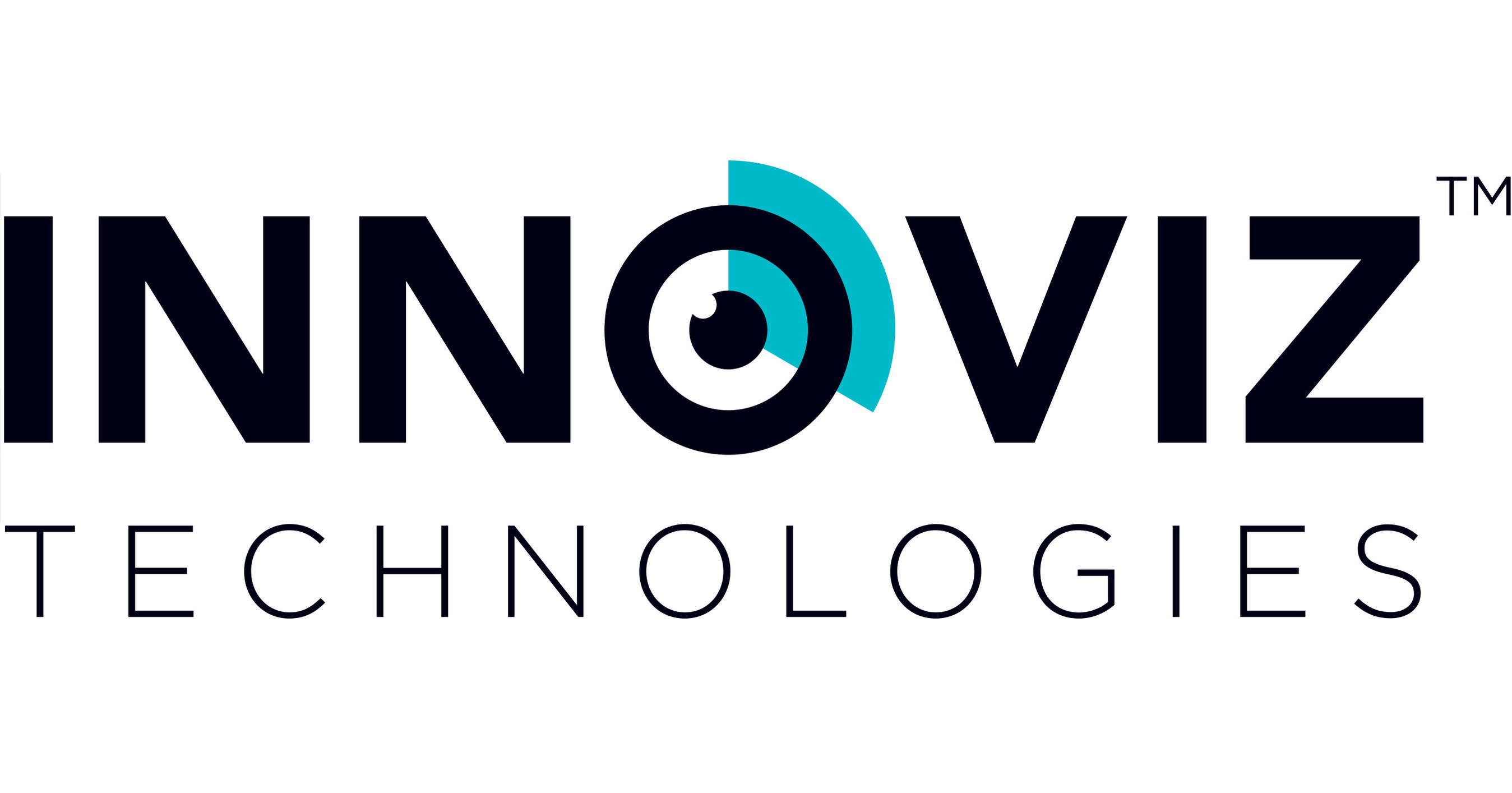


Lidar technology has made significant advancements in both space exploration and autonomous vehicles. In space exploration, Lidar technology has evolved to become smaller, lighter, and more versatile. Foldable and flat Lidar optics have been developed, reducing the size and weight of the technology and making it easier to deploy in various applications and environments. Additionally, the ability to produce multiple wavelengths from a single laser beam has opened up new possibilities for data collection and analysis. These advancements have allowed researchers and explorers to use Lidar technology in a wider range of applications, including mapping and monitoring natural resources, studying the Earth's surface and atmosphere, and even exploring other planets.
In the field of autonomous vehicles, Lidar technology plays a crucial role in ensuring road safety. Lidars create detailed 3D maps of the environment and help vehicles navigate safely. Hesai Technology, a Chinese company, is a top designer and manufacturer of Lidars used in autonomous vehicles. Their Lidars are currently used in robotaxis and safety systems worldwide. Lidar technology, like Hesai's, can significantly improve road safety by detecting potential hazards in advance.
Despite concerns about Chinese companies spying on the U.S., it's important to recognize that not all Chinese companies are state-owned or linked to the Chinese government. Hesai, for example, was founded by Chinese students who studied in the U.S. and has private investors from the U.S., Europe, and China. The company has not taken any sovereign money. It is crucial for policymakers to evaluate each Chinese company on its own merits.
However, the Chinese LiDAR industry has become a geopolitical hot button as the Chinese government has increased its investment in the sector. Concerns have been raised that Chinese dominance in the LiDAR market could pose security threats by harvesting sensitive data about US infrastructure and citizens. Accusations have also been made that Chinese firms have used questionable practices to obtain US LiDAR intellectual property. Members of Congress have urged the Biden administration to investigate and potentially place restrictions on Chinese LiDAR firms. The issue reinforces the need for organizations to maintain complete asset intelligence for their networks and be aware of the presence and use of Chinese LiDAR components.
Stellantis Ventures, the corporate venture fund of Stellantis N.V., recently invested in SteerLight, the developer of a new generation of high-performance LiDAR sensing technology. SteerLight's on-chip LiDAR employs silicon photonics technology to sense the surrounding environment in three dimensions with higher resolution and precision, and at a lower volume production cost, than currently available LiDAR systems. The technology has the potential to enhance advanced driver assistance systems (ADAS), including automated driving, in Stellantis brand vehicles [d207d75a].
LeddarTech Holdings Inc., a Quebec-based company specializing in ADAS and AD technologies, has entered into a long-term licensing agreement with Renesas Electronics America Inc. The deal focuses on the commercialization of LeddarTech's LCA2 and LCA3 programmable system-on-chip (SoC) product families for LiDAR-based ADAS and AD offerings. The partnership aims to leverage each company's strengths, with Renesas utilizing its global sales force and customer network to promote the SoC products, while LeddarTech maximizes the value of its solid-state LiDAR technology assets. LeddarTech's solid-state LiDAR technology, combined with Renesas' expertise and market reach, has the potential to further advance the application of LiDAR technology in the automotive industry, particularly in the development of advanced driver assistance systems (ADAS) and autonomous driving [82ffd8fb].
Innoviz Technologies, an autonomous driving technology company based in Tel Aviv, Israel, has announced the successful completion of a winter test of its InnovizTwo LiDAR and AI-powered perception software. The 18-day test, conducted in harsh winter conditions across ten countries, demonstrated the robustness and reliability of the Innoviz suite of autonomous driving solutions. The test included driving in extreme temperatures, rain, snow, and heavy fog. The results showcased Innoviz's commitment to building best-in-class technology for autonomous driving. InnovizTwo is a next-generation LiDAR sensor that operates seamlessly in harsh weather conditions, supporting various levels of autonomy. Innoviz's perception software, powered by AI algorithms, provides advanced object detection, classification, tracking, and collision classification capabilities for autonomous vehicles. The successful winter test will help enrich the software with road data and improve the technology's efficacy in diverse conditions. According to IHS data, approximately 10 million LiDAR scanners are expected to be sold globally in the automotive market by 2030 [57fd6949].
The advancements in Lidar technology for space exploration and autonomous vehicles demonstrate the power of this technology in enhancing our capabilities and improving safety. Whether it's exploring distant planets or navigating our roads, Lidar technology continues to push boundaries and contribute to our understanding of the world around us.